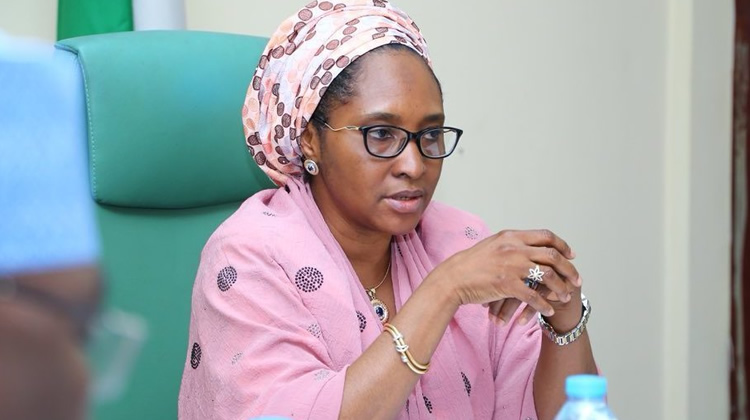The Federal Government on Tuesday disclosed plans to improve the level of implementation of donour-financed projects in the country.

According to the government, the implementation process is affected by challenges such as bureaucratic bottlenecks, capacity challenges, political interference, and obtaining varied and misaligned approvals processes between local authorities and development partners.
The Minister of Finance, Budget, and Nation Planning, Zainab Ahmed, said these factors had led to Nigeria’s low ranking in terms of the level of implementation of projects funded by the World Bank.
Ahmed disclosed these at a retreat for members of the National Assembly on process optimization in donor-financed projects in Nigeria.
The conference with the theme, “Process optimisation in donor-financed projects in Nigeria,” is part of efforts to foster a new level of synergy and collaboration with the National Assembly to further accelerate the level of implementation of donor-financed programmes and projects in Nigeria.
The minister said the need to organise the retreat is predicated on the government’s desire to deliver planned projects for sustained growth and national development.
One of the critical sources of funds for the execution of key projects in Nigeria is through donor financing, especially, from multilateral bodies such as the World Bank and the African Development Bank.
The minister while admitting the funding gap said that when borrowed funds were not properly utilised, growth was impaired and economic development distorted.
She said, “An in-depth review of the level of implementation of the entire development projects reveal that delays in the execution of donor-funded projects stem from factors including bureaucratic bottlenecks, capacity challenges, political interference and challenges associated with obtaining varied and misaligned approvals processes between our local authorities and development partners.









